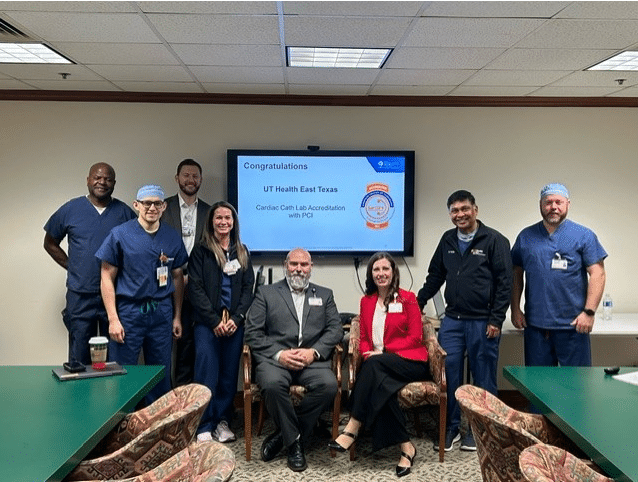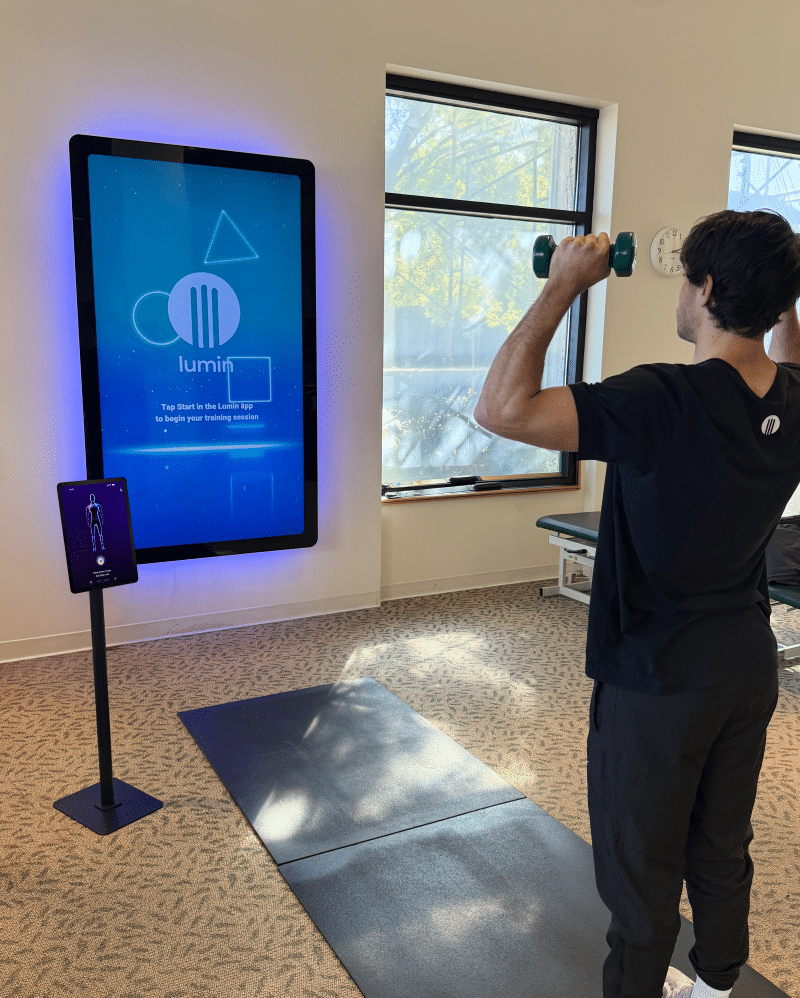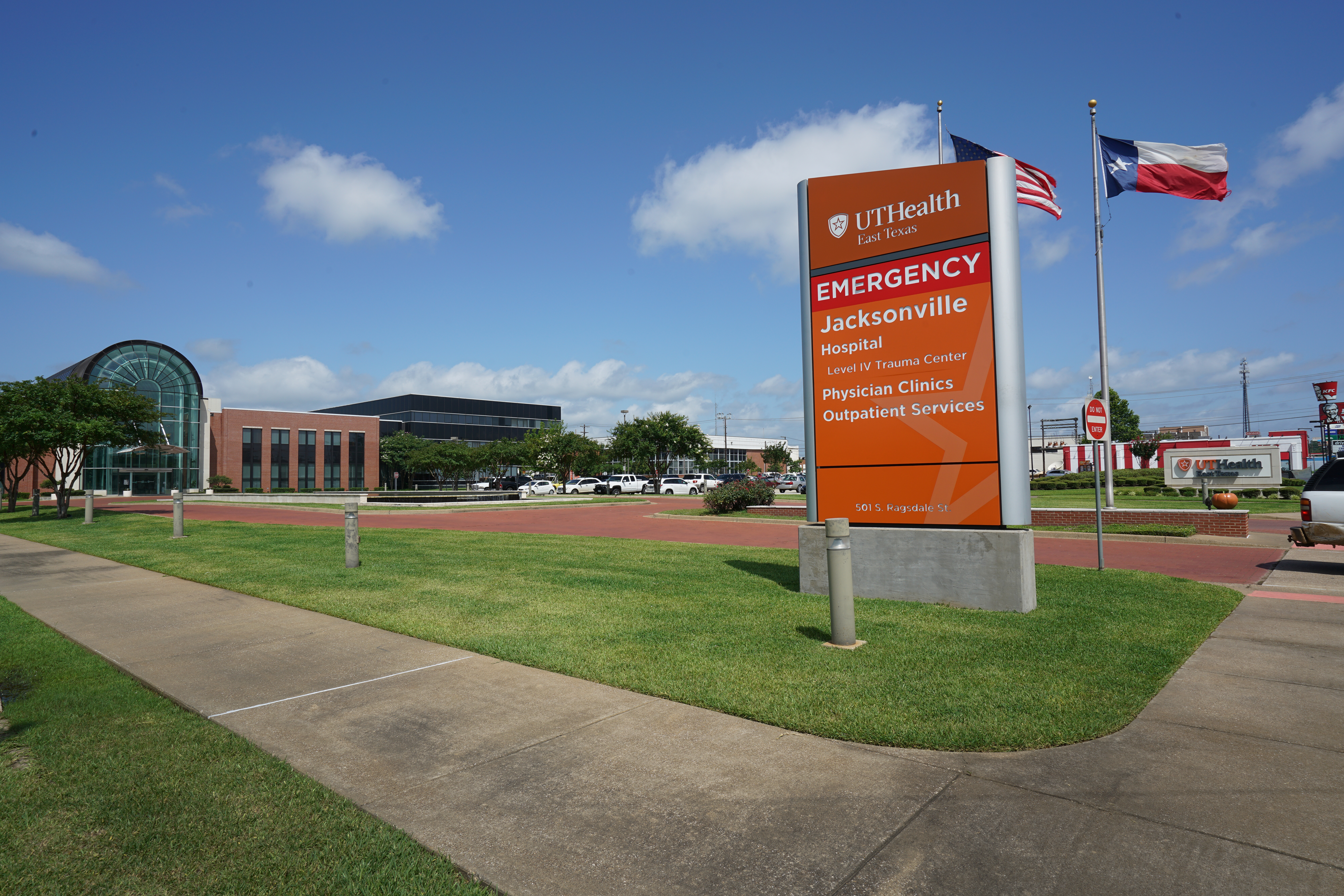-

UT Health East Texas AIR 1 Celebrates 40 Years of Life-Saving Service
Read more: UT Health East Texas AIR 1 Celebrates 40 Years of Life-Saving ServiceTyler, Texas (December 18, 2025) — UT Health East Texas AIR 1, the first air ambulance service in East Texas, is proudly celebrating 40 years of providing critical air medical transport to communities across the region. The program’s first flight took place in December 1985, transporting a burn patient to Dallas and marking the beginning…
-

UT Health Tyler Recognized for Excellence with Cardiac Cath Lab Accreditation
Read more: UT Health Tyler Recognized for Excellence with Cardiac Cath Lab AccreditationTyler, Texas (December 18, 2025) — The American College of Cardiology has recognized UT Health Tyler for its demonstrated expertise and commitment in treating patients who come to a cardiac cath lab for care. UT Health Tyler was awarded Cardiac Cath Lab Accreditation based on rigorous onsite evaluation of the staff’s ability to evaluate, diagnose…
-
UT Health Carthage Earns 2025 Leapfrog Top Hospital Award for Outstanding Quality and Safety
Read more: UT Health Carthage Earns 2025 Leapfrog Top Hospital Award for Outstanding Quality and SafetyCarthage, Texas (December 15, 2025) — Highlighting its nationally recognized achievements in patient safety and quality, UT Health Carthage was named a Top Rural Hospital by The Leapfrog Group. This award is one of the most competitive honors hospitals and surgery centers in the United States can receive for their commitment to safety and quality.…
-
UT Health Pittsburg Earns 2025 Leapfrog Top Hospital Award for Outstanding Quality and Safety
Read more: UT Health Pittsburg Earns 2025 Leapfrog Top Hospital Award for Outstanding Quality and SafetyPittsburg, Texas (December 15, 2025) — Highlighting its nationally recognized achievements in patient safety and quality, UT Health Pittsburg was named a Top Rural Hospital by The Leapfrog Group. This award is one of the most competitive honors hospitals and surgery centers in the United States can receive for their commitment to safety and quality.…
-
New Technology Innovates at Rehabilitation Center
Read more: New Technology Innovates at Rehabilitation CenterUT Health East Texas’ physical therapy team is integrating an adaptive training platform — including real-time EMG (electromyography) muscle-activation tracking — into patient rehabilitation programs. The result is a data-rich, highly interactive experience that is enhancing patient engagement and helping clinicians improve outcomes. The innovative collaboration brings the immersive training technology of Lumin Fitness into a clinical…
-
Tiniest NICU Baby Graduates from UT Health Tyler
Read more: Tiniest NICU Baby Graduates from UT Health TylerLaBreshia Howard had just celebrated her baby’s gender reveal two weeks earlier (a girl!) when she went in for her routine prenatal checkup six months into her pregnancy. That day in May of this year set off a series of events Howard never could have imagined, seeing that her first pregnancy had gone so smoothly…
-
UT Health Jacksonville Earns an ‘A’ Hospital Safety Grade from The Leapfrog Group
Read more: UT Health Jacksonville Earns an ‘A’ Hospital Safety Grade from The Leapfrog GroupFall 2025 Safety Grade is a national recognition for commitment to patient safety Jacksonville, Texas (November 13, 2025) — UT Health Jacksonville earned an “A” Hospital Safety Grade from The Leapfrog Group, an independent national nonprofit watchdog focused on patient safety. Leapfrog assigns an “A,” “B,” “C,” “D” or “F” grade to general hospitals across…
-
UT Health Henderson Earns an ‘A’ Hospital Safety Grade from The Leapfrog Group
Read more: UT Health Henderson Earns an ‘A’ Hospital Safety Grade from The Leapfrog GroupFall 2025 Safety Grade is a national recognition for commitment to patient safety Henderson, Texas (November 13, 2025) — UT Health Henderson earned an “A” Hospital Safety Grade from The Leapfrog Group, an independent national nonprofit watchdog focused on patient safety. Leapfrog assigns an “A,” “B,” “C,” “D” or “F” grade to general hospitals across…
-
UT Health East Texas Celebrates Grand Opening of New West Loop Clinic
Read more: UT Health East Texas Celebrates Grand Opening of New West Loop ClinicTyler, Texas (November 4, 2025) — UT Health East Texas celebrated the grand opening of its new clinic and urgent care facility on Tyler’s West Loop with a ribbon-cutting and community open house. The 8,000-square-foot facility, located at 3753 Earl Campbell Parkway, is designed to expand access to care for families in West Tyler. The…
-
UT Health East Texas Physicians in Jacksonville Receives Statewide Award for Outstanding Achievements in Rural Healthcare
Read more: UT Health East Texas Physicians in Jacksonville Receives Statewide Award for Outstanding Achievements in Rural HealthcareAustin, Texas (September 10, 2025) — The Texas Association of Rural Health Clinics honored UT Health East Texas Physicians in Jacksonville with the Tessen Award, which recognizes a Texas rural health clinic for outstanding achievements and enduring ability to drive community health and value through primary care. The award, which is given annually to only…








